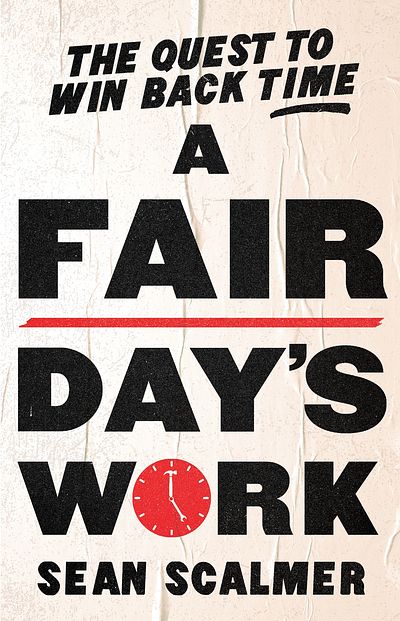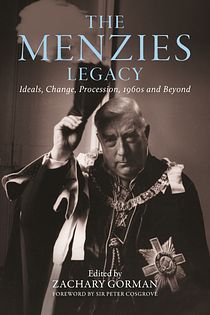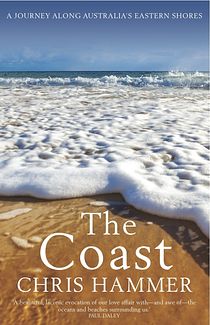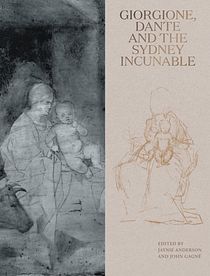The length of the working day and the challenges of work-life balance are pressing issues for many Australians, as well as lively matters of public controversy. While the winning of the eight-hour day is celebrated as a past industrial achievement, contemporary discussions of working hours often overlook its rich history.
Tracing 150 years of campaigns for rights and for the fair distribution of productivity gains, historian Sean Scalmer shows how these movements successfully reduced the length of the standard working week from 60 to 38 hours per week, and how economic, social and political shifts since the early 1980s have stalled this long-term progress. Today, industrial laws provide inadequate protection for excessive hours, and Australian women increasingly shoulder long hours of paid work with the bulk of unpaid domestic labour. This has produced a social crisis for all Australians, but is yet to inspire adequate political action.
As debate over our working lives intensifies amid ongoing political, economic and technological challenges, Scalmer's labour of love on the history of work and play affords us a way to understand the past so we can win back our time-collectively.
PRAISE
'The campaign to limit labour time and win leisure for the workers is the most significant of the Australian union movement's past achievements and continuing struggles. Every Australian who has ever enjoyed a lazy Saturday afternoon barbecue, a day at the footy or a week down the coast should read this splendid book.'
Frank Bongiorno, Professor of History at the Australian National University
'A work of history that is both reflective and urgent... As much as it is a historical account of Australia's leading role in reducing working hours across the world, it is also a call to action for a new generation of working people to rediscover the fight...a timely gift indeed.'
Australian Book Review
'Sean Scalmer has done the movement a great service with this book. It is an invaluable contribution to the struggle of working people to reclaim their own lives from the incessant demands of those employers who would claim more and more of our time for their own.'
Michele O'Neil, President, Australian Council of Trade Unions.
'Clearly argued, timely, social history.'
The Age
'Scalmer...has given us a deeply researched account of all the Australian campaigns to wrest control of working hours from different employers over the last 150 years; and has contextualised them within the evolving social norms about the relationship between work, rest and play.'
Belinda Probert, 'Recorder', no. 313 (Official newsletter of the Melbourne Labour History Society)




